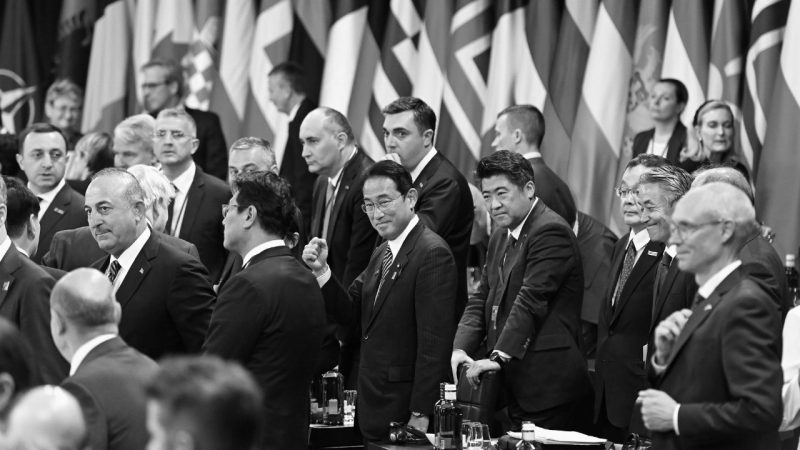My kitchen sink is leaking because, over time, London’s tap water, which is heavy on minerals, has caked up its inner workings with deposits of calcium. Limescale is an inevitable cost of living in a city with hard water.
In that respect, limescale is not unlike “groupthink”, the phenomenon first developed and popularised by the psychologist Irving Janis in the middle of the 20th century. “Groupthink” was Janis’s term for when organisations make bad decisions because members prioritise in-group harmony over common sense.
If you have been involved in or closely observed any form of collective decision-making you will almost certainly have observed something which looks an awful lot like groupthink. But the concept has proved hard to observe in laboratory settings and its impact is difficult to quantify.
Part of the problem is that it is essentially impossible to tell where groupthink ends and petty internal calculation begins. If, before a meeting, I agree to endorse an idea I think is bad in return for a colleague’s support for my own projects, it’s hard to tell the difference between me and someone who endorses the same scheme for the sake of a quiet life.
But the bigger problem — and this is why groupthink is a lot like limescale — is that an occasional organisational blunder caused by groupthink may well be better than the paralysis caused by its absence. Barack Obama’s 2008 campaign team for the Democratic presidential nomination was drawn from a much narrower pool than Hillary Clinton’s, in part because the frontrunner always attracts a larger number of applicants. And his gaffes reflected that, from his ill-advised comments on the rocketing price of arugula to his remark that the disenfranchised “cling to guns or religion”. But the Obama campaign was better at recovering from these mistakes than the Clinton people were at overcoming their own feuds over strategy.
My experience is that political parties, NGOs and other “mission-aligned” organisations are more prone to groupthink than other forms of business. None of these organisations face the pressure that comes with having to make money by buying and selling goods or services. I’m not saying that profitmaking outfits never drift into dangerous groupthink but, because they tend to face more immediate consequences for their mistakes, they are often forced to course-correct faster.
The history of political parties making obviously bad decisions is long, and often those mistakes happen precisely because members of the in-group decide they value their continued presence within the party more than they do avoiding catastrophe. Very few people in the Labour party thought it was a good idea to go into a general election with Jeremy Corbyn as leader and on an anti-Brexit ticket in 2019, but because it was in hardly anyone’s interests to point out that this guaranteed heavy defeat, the party did so anyway.
Nonetheless, when I think about the winners and the losers of every campaign or contest I have covered, the victors have been more prone to groupthink than the defeated. Winning campaigns have a unity of purpose and a strong internal camaraderie. Those that lose are much more likely to be leaky and paralysed by disagreement.
Sometimes, of course, unity of purpose can cause problems later on. The fact that David Cameron’s Conservatives had a pretty good sense of how to fight and win a multi-party general election, where victory required securing anything between 35 to 45 per cent of the vote, did not help them when they tried to turn the same tactics to winning a binary referendum. But in general, an organisation that is able to act with unity of purpose is a better bet than one that is paralysed by indecision or beset by internal division.
That’s not to say there aren’t benefits to facilitating dissent inside organisations or to increasing the diversity of the people within them. It’s just that even these advantages work best in organisations which still have effective processes to encourage groups to reach decisions: decisions which, inevitably, come with the risk of groupthink.
Of course, a perfect organisation would be one that has all the benefits of internal dissent and is able to make decisions as swiftly as one that is prone to groupthink. But a perfect organisation, like a limescale-free tap, exists either only in very limited settings or for very brief periods of time. You’re probably much better off, strategically speaking, being at an organisation that is prone to excessive groupthink than one that suffers from excessive bickering.

